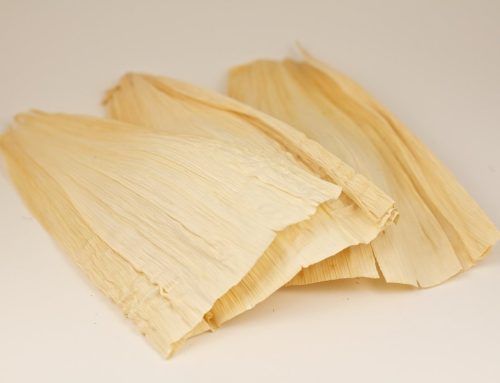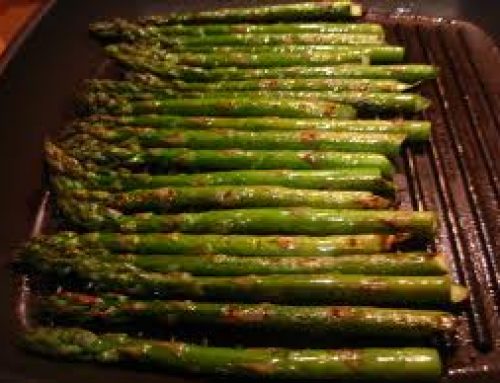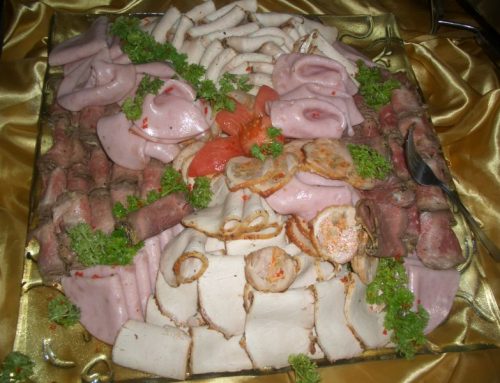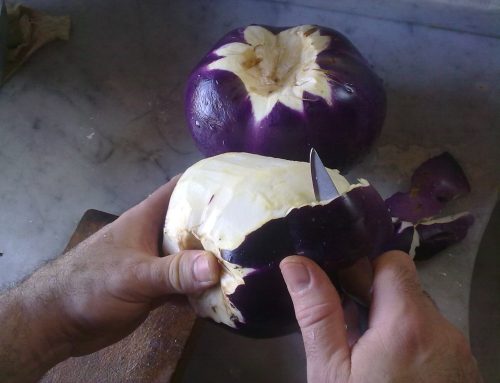Blackcurrants are popular fruits used in cuisine all across the world.they have a strong and tart flavour which often requires sweetening.
It is often used in jams and jellies and it’s fruit is often cooked in sugar which in turn produces a purée.
Their strong flavour also combines well with other fruits to for summer pies or crumbles.
So can guinea pigs eat blackcurrants, and if they can, how much of them can they eat?
Let’s take a look at their nutritional data. In particular looking at their sugar, phosphorus, calcium, fat and acidic content.
Image and info source http://en.wikipedia.org/wiki/Blackcurrant
Currants, European black, raw
Nutritional value per 100 g (3.5 oz)
Energyt264 kJ (63 kcal)
Carbohydratest15.4 g
Fatt0.4 g
Proteint1.4 g
Thiamine (vit. B1)t0.05 mg (4%)
Riboflavin (vit. B2)t0.05 mg (4%)
Niacin (vit. B3)t0.3 mg (2%)
Pantothenic acid (B5)t0.398 mg (8%)
Vitamin B6t0.066 mg (5%)
Vitamin Ct181 mg (218%)
Vitamin Et1 mg (7%)
Calciumt55 mg (6%)
Iront1.54 mg (12%)
Magnesiumt24 mg (7%)
Manganeset0.256 mg (12%)
Phosphorust59 mg (8%)
Potassiumt322 mg (7%)
Sodiumt2 mg (0%)
Zinct0.27 mg (3%)
As you can see blackcurrants contain quite a bit of phosphorus, some calcium, they are also a bit acidic and have a hint of fat in them.
However they also have an extraordinary amount of vitamin c which is fantastic for guinea pigs.
This means that they can eat blackcurrants, but only on a once a week basis because of their calcium, phosphorus and acidic content. However their vitamin c content makes them more than worth while in adding to a guinea pigs diet.





